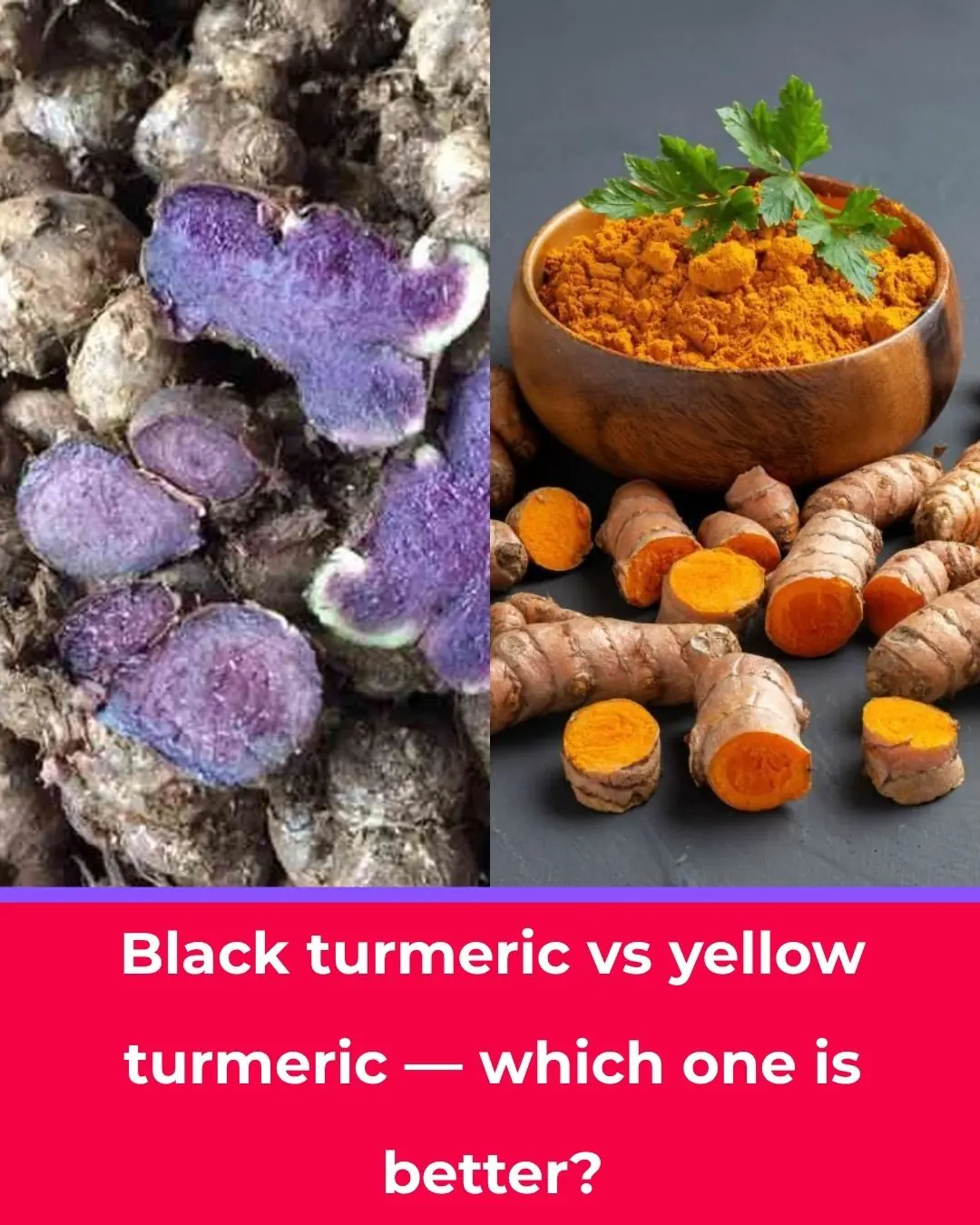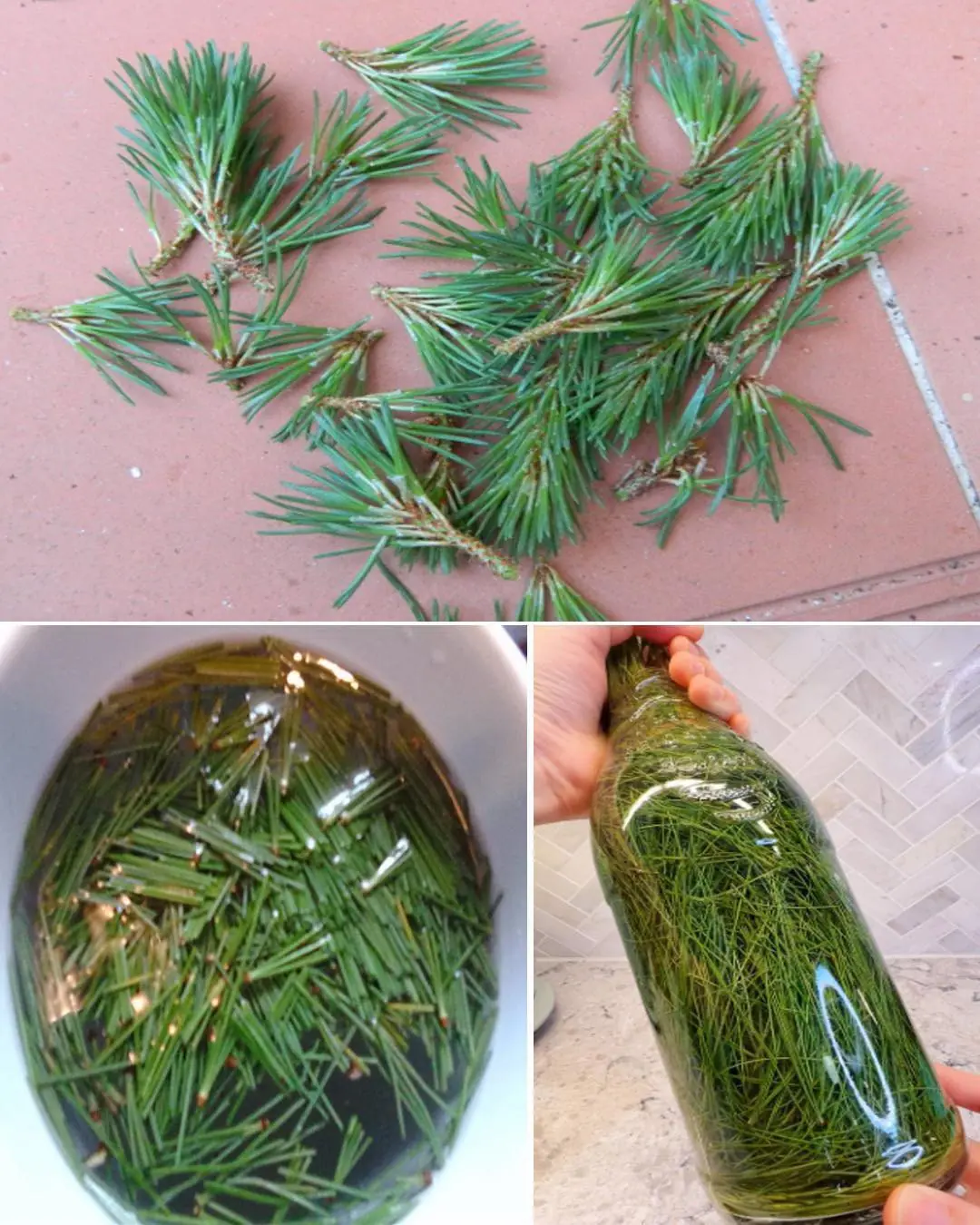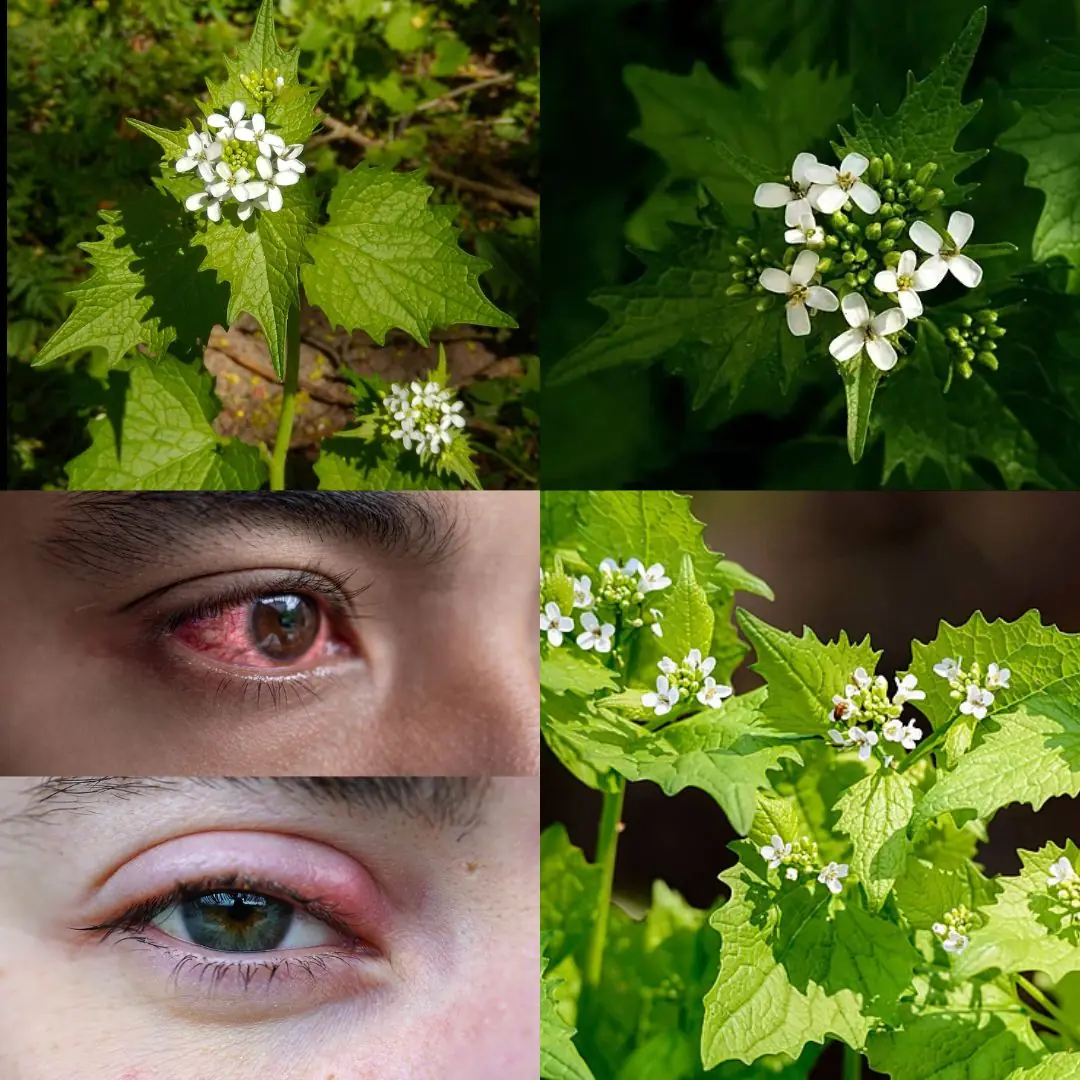
The Science Behind Putting a Cotton Swab in a Menthol Oil Bottle
Menthol oil, commonly known in Vietnam as dầu gió, is a household item used for relieving headaches, muscle aches, insect bites, and nasal congestion. It contains menthol, camphor, and eucalyptus oil, all of which have mild analgesic and aromatic properties.
Recently, a popular home tip suggests dipping a cotton swab into menthol oil and placing it around the house — such as under the bed or in dark corners — to repel mosquitoes, remove odors, and even aid sleep. Let’s explore the science behind these claims.
1. Repelling Mosquitoes and Insects
Menthol and camphor are volatile compounds, meaning they easily evaporate into the air, releasing a strong aroma.
Studies show that certain essential oils — such as peppermint oil, camphor, and eucalyptus oil — can interfere with the olfactory receptors of mosquitoes, making it harder for them to locate humans (source: Journal of Insect Science, 2019).
➡️ Conclusion:
Cotton swabs soaked in menthol oil can temporarily repel mosquitoes in small indoor spaces. However, the effect fades quickly as the oil evaporates. For long-term protection, WHO recommends using mosquito nets, repellents containing DEET or picaridin, rather than relying solely on menthol oil.
2. Odor Removal and Air Freshening
Menthol oil’s strong scent can mask unpleasant odors. Its volatile molecules bind with odor compounds, reducing their perception.
In enclosed areas like bathrooms, closets, or shoe cabinets, cotton swabs soaked in oil may help neutralize musty smells.
➡️ Note:
This method does not eliminate bacteria or mold, only reduces odor perception. For better air hygiene, regular cleaning and ventilation are essential.
3. Relaxation and Sleep Support
Menthol’s cooling scent stimulates the trigeminal nerve, producing a mild sensation of freshness and relaxation.
Some studies suggest inhaling peppermint or eucalyptus oil can reduce perceived fatigue and improve mood (Evidence-Based Complementary and Alternative Medicine, 2016).
➡️ Conclusion:
Placing a small open bottle of menthol oil near the bed may help some people feel calmer or breathe easier. However, it’s not a medical treatment for insomnia, and strong vapors may irritate the respiratory tract in sensitive individuals.
4. Other Folk Uses and Medical Considerations
Traditional remedies claim that menthol oil can help with menstrual pain, sore throat, or callus removal. While topical application may relieve mild muscle pain due to its counterirritant effect, ingesting menthol oil or using it on open wounds is unsafe.
⚠️ Safety warnings:
Not suitable for infants under 2 years old or pregnant women due to menthol’s respiratory depressant effect.
Avoid applying on broken skin.
Do not swallow or inhale large amounts — high doses of menthol or camphor can cause toxicity.
(Source: Mayo Clinic, National Institutes of Health, 2021)
✅ Summary
| Effect | Scientific Support | Notes |
|---|---|---|
| Repels mosquitoes | Moderate | Works short-term; better options exist |
| Removes odors | Moderate | Masks smell; not antibacterial |
| Helps relaxation | Mild | May ease stress; not a sleep cure |
| Medical use (pain, sore throat) | Limited | Only topical use; avoid ingestion |
Final Thought
Putting a cotton swab soaked in menthol oil into corners or bedrooms can provide mild aromatherapy and temporary insect repelling effects. However, these benefits are short-lived and limited. To use safely, avoid direct skin or oral contact, and combine with proper hygiene and mosquito prevention methods.
News in the same category


More People Are Struggling with Visceral Fat — Doctors Reveal 9 Foods That Help Burn It Naturally

Black Turmeric vs. Yellow Turmeric: Which One Is Better?

Like to see more from Tips for the Home

I Had No Idea About This!

These Ideas Are Amazing: 10 Clever Ways to Use Dryer Sheets Beyond the Laundry Room

Most Don’t Know: 13 Brilliant Ways to Use WD-40 Around the House

YouTuber shocks fans after revealing he hasn't showered in three months

YouTubers expose reality of 'toxic' Colorado ghost town that was abandoned for tragic reason

Napheesa Collier Hasn’t Said One Good Thing About WNBA, Commisioner Or CBA Negotiations: League Still Offers 30-Day Extension Because It Holds All Leverage

Meet Claudette Colvin, The Teen Who Pioneered The Civil Rights Movement

Outkast Earns Nomination for the 2025 Rock & Roll Hall of Fame

Missouri Real Estate Agent Is Looking To Create 1,000 Black Homeowners In Kansas City

Florida Man Uses Stimulus Funds To Create ‘Generational Food’ Community Garden

17-Year-Old Honored For Creating Color-Changing Sutures That Detect Infection

California Mom of Four Celebrates Passing The Bar After Studying For 10 Years In Inspirational Viral Video

Model Loses Both Legs After Toxic Shock Syndrome From Everyday Tampon Use

Before And After: Woman With Extreme Lip Enhancements Reveals Old Look

Tragic End: Georgia O’Connor Passes Away Weeks After Wedding Amid Medical Neglect
News Post

5 Amazing Benefits Of Aloe Vera Gel For Skin: Large Pores, Dark Spots, Wrinkles

Clove & Lemon Collagen Drink: Wrinkle Free, Glowing Skin

Unlock Your Body’s Hidden Power: Try Garlic and Honey on an Empty Stomach for 7 Days

Tragus Piercing What Does It Mean

9 Health Benefits of Pine Needles

Unlock The Incredible Health Benefits of Garlic, Ginger and Lemon for Men

A special method to grow garlic in plastic bottles

7 Benefits of the Miracle Leaf of Life

7 Amazing Health Benefits of Banana Blossoms

Boiling Sweet Potatoes: Don’t Just Add Plain Water—Add This Spoonful for Perfectly Fluffy, Sweet Results

More People Are Struggling with Visceral Fat — Doctors Reveal 9 Foods That Help Burn It Naturally

Black Turmeric vs. Yellow Turmeric: Which One Is Better?

Starve cancer: the diet rotation strategy you need to know

Like to see more from Tips for the Home

💪 Sarcopenia: Why Muscle Loss Happens & How to Fight It (After 50)

I Had No Idea About This!

These Ideas Are Amazing: 10 Clever Ways to Use Dryer Sheets Beyond the Laundry Room

Most Don’t Know: 13 Brilliant Ways to Use WD-40 Around the House
